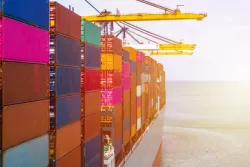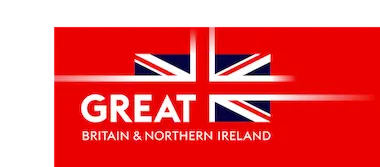
For the first time in more than 19 years, the UK government opened an election window for Tonnage Tax in 2023, allowing shipping companies that have previously left the beneficial regime to return to it.
Set to close in November, the election window permits shipping companies to re-join for a minimum of eight years.
Tonnage Tax is a favourable Corporation Tax regime that taxes a notional profit based on a ship’s tonnage, rather than tax-adjusted commercial profit/loss and chargeable gains or losses on tonnage tax assets.
The internationally competitive tax regime was introduced in 2000 and more effectively accommodates for fluctuations in the shipping cycle, while delivering on the government’s ambition to promote the shipping industry and boost competition.
Companies within Corporation Tax, which operate qualifying ships that are "strategically and commercially managed in the UK", can take advantage of the Tonnage Tax.
Since it was introduced in 2000, Tonnage Tax has encouraged many owners and operators to relocate to the UK, where they have access to our range of maritime professional services.
The election window, which closes on 30 November 2024, intends to bring investment to the UK and means that returning companies can take advantage of substantial tax reforms first announced in the Autumn Budget 2021.
Tonnage Tax changes include removing the EU/EEA flag requirement, reducing the lock-in period from 10 to 8 years, and increasing the permitted limit for “qualifying secondary income”.
For the first time, third-party ship management will be permitted to join, with an increased £200m limit on capital allowances for ship lessors who lease into tonnage tax, in line with inflation and the cost of ships.
Qualifying ships are those that are seagoing, over 100 gross tons and used for either transportation at sea, the carriage by sea of passengers or cargo, and vessels involved in towage, salvage or other marine assistance at sea.
Fishing vessels, pleasure craft, harbour or river ferries, oil field tankers, and certain tugs or dredgers are not included in the tax, which also excludes offshore installations and vessels providing goods or services normally provided on land.





